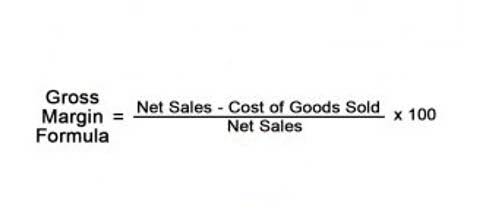Content

While you can generally update your balance sheet any time you like, it is good practice to do so at the end of every month. This allows you to keep a tight leash on your finances and make adjustments when necessary. Most CC&Rs require an annual financial audit, but check your governing documents to see what they say. Even if the documents don’t specify hoa accounting an audit, it’s highly recommended that HOAs conduct an audit every year, especially if your association has a large cash flow. Also known as a cash disbursement ledger, this document records money flowing out of the association. It gives you a comprehensive and up-to-date look at expenditures, including cash transactions and written cheques.

Some of them will forget to settle their fees or outright refuse to do so. This report helps you keep track of all late or delinquent homeowners. The numbers on a balance sheet don’t just magically appear out of thin air. You record financial transactions in your general ledger, which you then use as a reference when preparing your HOA balance sheet. During this process, though, you can commit mistakes and end up with an inaccurate report — and you already know how dangerous it can be to work under a financial misconception. With erroneous numbers, you can’t aptly find out what your financial standing is.
The Current Ratio Formula
However, if the number is negative, your liabilities exceed your assets. This category outlines every asset representing a long-term investment for your homeowners’ association. These are usually the items you can’t convert into cash within a short period of time. A common mistake is omitting or recording transactions incorrectly.
It’s also a good idea to assign someone, usually the HOA manager, to review all invoices, deposits, and bank statements. Understanding the laws special to your state will save you a lot of time and trouble. It can also protect your association and board from potential legal issues.
The Importance of Proper HOA Accounting
Budgeting is essential, and as it is something that is presented annually in advance to HOA members the Budget should be adhered to as closely as possible. Equity is essentially the residual interest in the assets after all of the liabilities have been deducted. In other words, it is the value left after subtracting all of the liabilities from the assets. The great thing about QuickBooks is that it integrates with some HOA management software. An example is Neigbrs by Vinteum, an all-in-one HOA software that leverages the power of QuickBooks with excellent communication and management features.
While it’s not mandatory to seek help from an accounting firm, it may be required to have an independent third-party audit or review the association’s books once a year. Each accounting method comes with unique advantages with a different effect on HOA finances. Thus, it’s important for board members to understand which method the association will use. By using the accounting equation, or the balance sheet formula, you can determine your HOA’s financial health.
Sign up for Our Monthly Newsletter
It depends on your state laws and what your governing documents say. Some HOA bylaws require yearly audits, while others only require one every three or so years. Audits can be expensive, usually costing between $4,000 to $6,000, which is why many HOAs prefer to conduct yearly financial reviews instead. Another handy tool is this report that shows how the HOA or Condo Association is doing compared to its budget.
While they do not have to be produced every month, it’s a good idea to have a monthly balance sheet prepared. This way, small issues can be addressed before they turn into bigger problems. The more information your board has to work with, the more effectively they can manage the community. You must have a sound understanding of these standard financial statements for HOAs.
Using the cash basis, the association reports revenues when it receives them, not when it earns them. The cash basis accounting method does not include Assessments Receivable or Prepaid Assessments accounts on the Balance Sheet. https://www.bookstime.com/ Recording of expenses happens when the association pays for them, not when it incurs them. As with most financial statements, the more often balance sheets are created, the more insight they will offer to the board.
